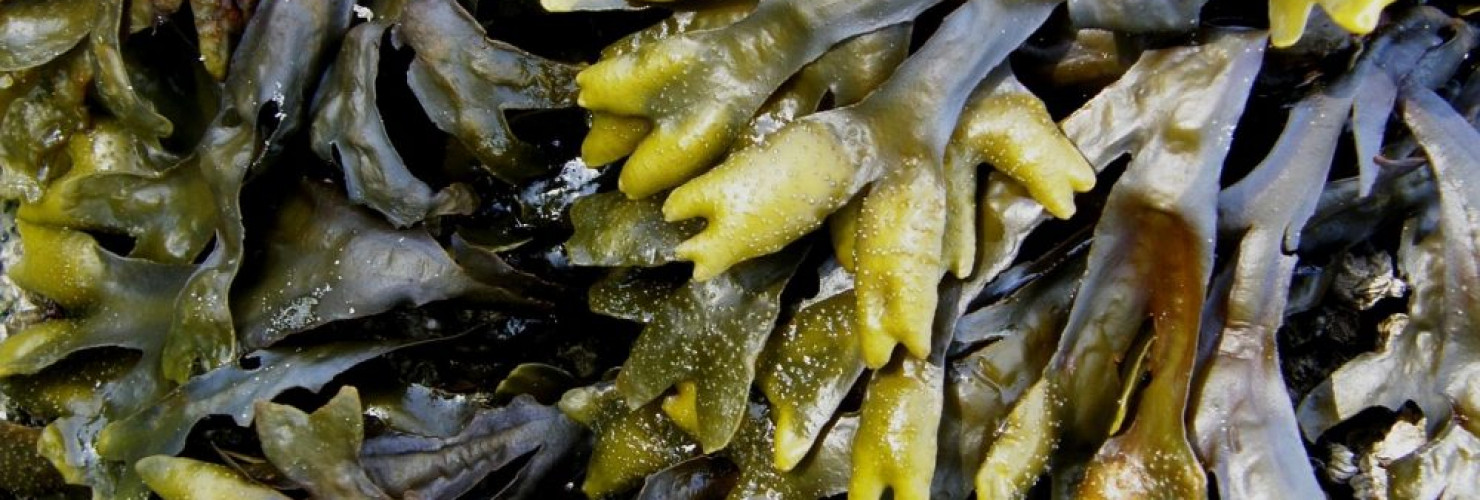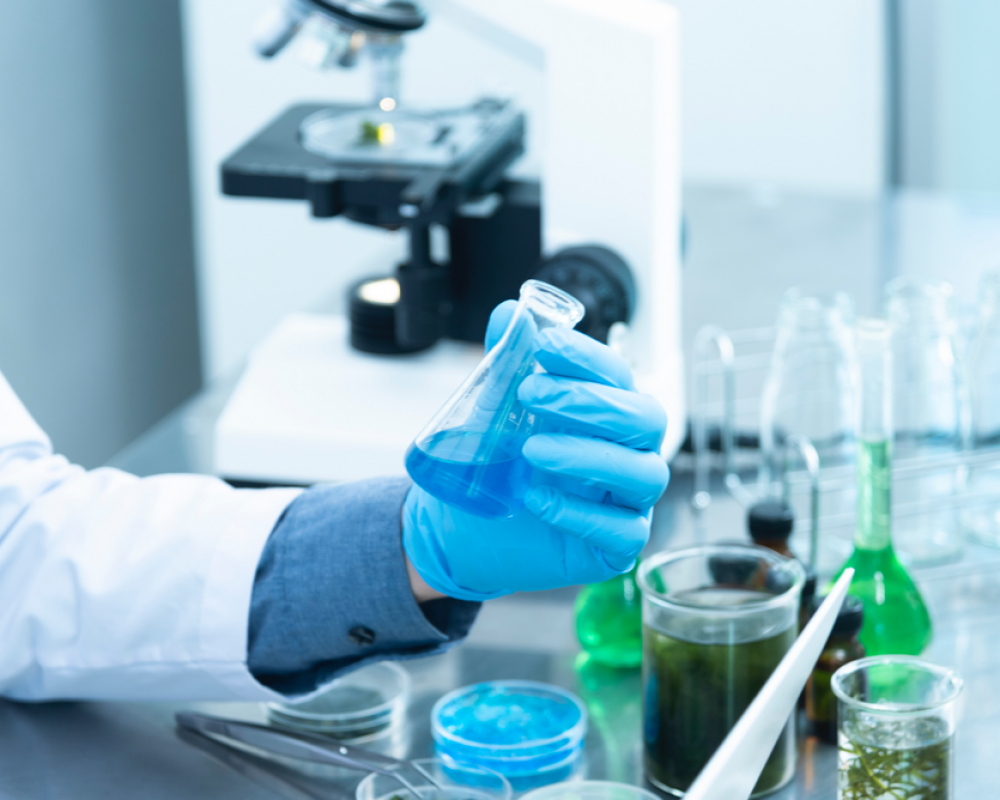
Turning seaweed into everyday products
Researchers at the Biorenewables Development Centre (BDC) are involved in the implementation of a novel seaweed biorefinery – which is the whole process of refining sustainably cultivated seaweed biomass to become value-added end products.
Making seaweed biomass production more economically and environmentally sustainable
Two pilot pre-industrial seaweed biorefinery plants will provide vital seaweed compounds for a wide range of products such as cosmetics, pharmaceuticals, food and feed ingredients, fine and specialty chemicals, additives and blends such as gels, as well as precursors for biodegradable plastics.
Seaweed, or “macro-algae”, has long been recognised as a valuable source of diverse bioactive compounds and has great potential to be used in pharmaceuticals, nutraceuticals and functional foods. However, until now, seaweed has been underexploited in Europe due to the challenges of expanding seaweed biomass production: costs need to be reduced, scales of production need to be increased, quality improved, and seaweed biomass needs to be successfully refined into multiple useful products. By addressing these issues, seaweed biomass production could become more economically and environmentally sustainable.
Working with colleagues at the Centre for Novel Agricultural Products (CNAP), University of York, this summer work begins to scale up integrated processes giving rise to a range of new and existing products from two high-yielding species of European seaweed biomass: the brown alga Saccharina latissima (also known as Sugar Kelp) and the green alga Ulva rigida (often called Sea Lettuce) By scaling up the processes, the BDC will analyse different integrated biomass fractionation process scenarios for both seaweed species. Product extracts from these processes will then be sent to the industrial partners for application tests.
Ana Casas Garcia, Lead Technologist working on the project said: The BDC’s open access R&D facilities are the perfect environment to scale up these processes to see if they are commercially feasible. Our equipment and expertise and our close working relationship with CNAP will act as a catalyst for turning seaweed biomass into novel everyday products for a variety of sectors.
Scaling up diverse seaweed-derived chemical compounds for existing and new applications will support new jobs, upskill, growth and investment in the blue economy (activities based on the sustainable and smart use of renewable aquatic natural resources), while ensuring environmental sustainability for Europe.
Funded by the European Union’s Horizon 2020 Framework Programme, this work is carried out by GENIALG – the first industry-driven project bringing together pioneering companies in large-scale integrated European biorefineries and experts in seaweed cultivation, genetics and metabolomics to boost the seaweed industry.

